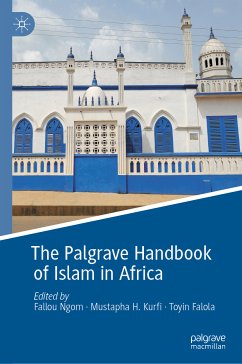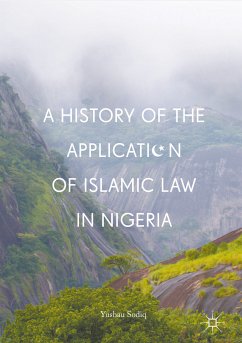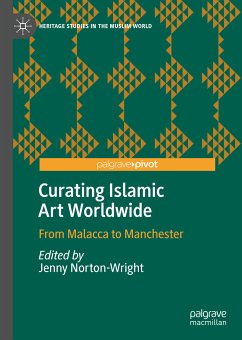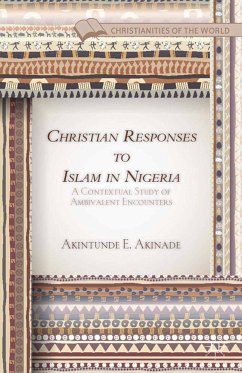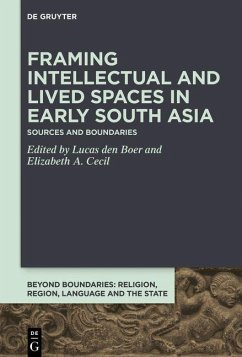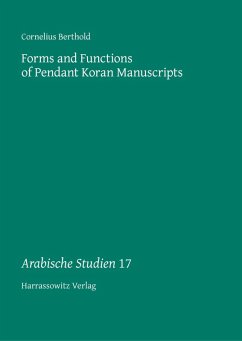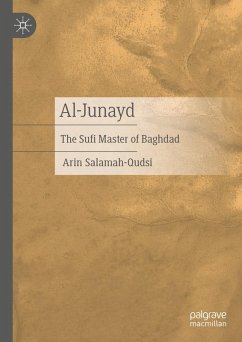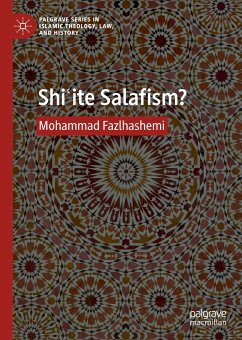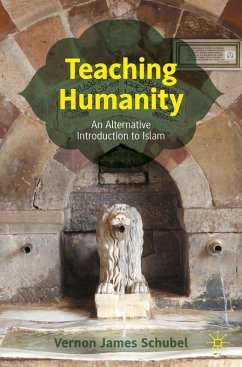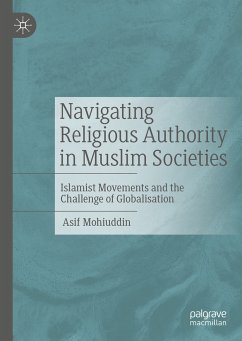
Timbuktu Unbound (eBook, PDF)
Islamic Texts, Textual Traditions and Heritage in West Africa
Redaktion: Engmann, Rachel Ama Asaa
Versandkostenfrei!
Sofort per Download lieferbar
36,95 €
inkl. MwSt.
Weitere Ausgaben:

PAYBACK Punkte
18 °P sammeln!
Timbuktu Unbound: Islamic Texts, Textual Traditions and Heritage in West Africa is a cutting edge collection offering a reconsideration of manuscripts in Muslim West Africa. The contributors give voice to the dynamic ways in which textuality operates through technological innovations, ongoing habituated practices, and how the workings of power and authority within these communities inform these texts and their roles. To that end this book explores a number of interrelated themes: the social value of texts as objects; personal libraries as forms of investment/legacy; social practices involved i...
Timbuktu Unbound: Islamic Texts, Textual Traditions and Heritage in West Africa is a cutting edge collection offering a reconsideration of manuscripts in Muslim West Africa. The contributors give voice to the dynamic ways in which textuality operates through technological innovations, ongoing habituated practices, and how the workings of power and authority within these communities inform these texts and their roles. To that end this book explores a number of interrelated themes: the social value of texts as objects; personal libraries as forms of investment/legacy; social practices involved in the exchange, movement and gifting of certain kinds of manuscripts; hierarchies and evaluative treatments of manuscripts, and quasi-market forces. The recent destruction and subsequent salvage operations to protect the Timbuktu manuscript libraries has highlighted their role as the quintessential exemplar of manuscript heritage in newly historicized Africa. Yetthese events also underscore the prevalent narrative about Muslim West African cultural heritage - embodied in the form of manuscripts, archives and documents - as under dramatic and existential threat. This volume seeks to diverge from this dominant salvific starting point of heritage discourse - namely, that such objects are things of intrinsic value to be saved - in order to examine the more nuanced activities of diverse actors engaged in the study, preservation, acquisition, movement and, in some cases, destruction and disposal of the wide range of materials that constitutes the textual heritage of these societies.
Dieser Download kann aus rechtlichen Gründen nur mit Rechnungsadresse in A, B, BG, CY, CZ, D, DK, EW, E, FIN, F, GR, HR, H, IRL, I, LT, L, LR, M, NL, PL, P, R, S, SLO, SK ausgeliefert werden.



